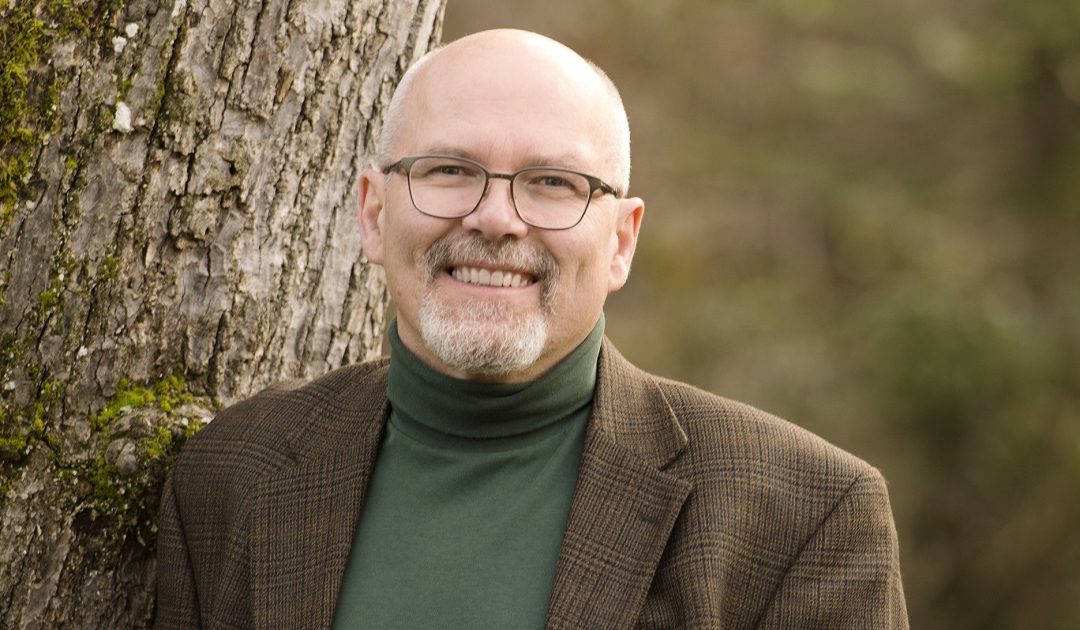The following is an adaptation of an essay by Dr. Roy Suddaby, Gustavson Associate Dean of Research and Faculty Renewal, introducing a Journal of Management Studies special issue on inequality.
It is interesting to observe how, over the years, talk about poverty has given way to talk of inequality. In the US, this shift in conversation occurred sometime between 1964 and 2013. President Lyndon B. Johnson famously announced his “War on Poverty” to Congress on January 8, 1964. Almost 60 years later, on December 4, 2013, President Barack Obama declared, “The combined trends of increased inequality and decreasing mobility pose a fundamental threat to the American Dream, our way of life, and what we stand for around the globe.”
Why did the conversation shift from poverty to inequality? Was it because the US won the war on poverty? Not likely. The proportion of US citizens living in poverty was 19 per cent when Johnson declared war in 1964. Today, the number is 14.3 per cent (UC Davis, 2017). An improvement? Yes. But it is hardly a victory. After some initial progress in the 1960s, the official poverty rate has fluctuated between 11 and 15 per cent ever since.
While we can quibble about the empirical status of poverty and inequality—how to measure it and how much it is changing—the fact is that both poverty and inequality are a stubbornly persistent part of the human condition. Like religion, capitalism and marriage, poverty and inequality are well-established social institutions. Second, and perhaps more important for the purposes of this essay, how we talk about the phenomenon is as important and as revealing as the debate about whether poverty or inequality are growing or receding.
When you examine the terms being used today—“income inequality,” “social cohesion,” “promoting shared prosperity”—an underlying assumption emerges: namely that inequality, today, is the exclusive purview of business and economics. Not only do economists hold the legitimate authority to describe the problem, there seems to be an implicit presumption that the ultimate solutions to inequality will come from that domain as well.
How did we get here? How did debates about poverty move from talk of the lived experience of poverty to talk of the global status order? How did the debate shift from resolving the “ever-spreading pool of stagnant misery” (1892) to “promoting shared prosperity” (2017)? When did inequality become more compelling than poverty?
Rhetoricians remind us that words matter. The language that we employ to describe the world reveals hidden assumptions about the way we perceive and construct social reality. Language records our values and unmasks our justification for action. Most critically, our choice of language reveals the dominant ideology—the cultural belief system, assumptions of value and vocabularies of motive—of a given society. How we talk about a subject shows us how we think about it.
It is no accident that over the past 150 years, our talk of poverty and starvation has morphed to talk of degrees of richness and proportions of poor. Shifting the talk to inequality allows a segment of society to rationally separate poverty from inequality. Inequality is the manifestation of greed, and we have been told since the 1980s that “greed is good.” Through the rationalizing discourse of separating poverty and inequality, politicians and economists can say, without a hint of embarrassment, “I hate poverty, but love inequality.” By moving our collective conversation away from poverty and to inequality, we have allowed some segments of society to argue, incongruously, that we can solve poverty by increasing inequality.
Like much of contemporary life, our talk of inequality has adapted to reflect the rational myths of the contemporary institutional environment. Dominated as we are by the language and impulse of economics and management, we are preoccupied with inequality’s measurement and often ignore the lived experience of systemic poverty too often passed from one generation to the next.
This special issue of Journal of Management Studies expands on these ideas via unique research into inequality as a stubborn social institution and explores an implicit process model by which talk first creates inequality, and then normalizes and maintains it. https://doi.org/10.1111/joms.12333


